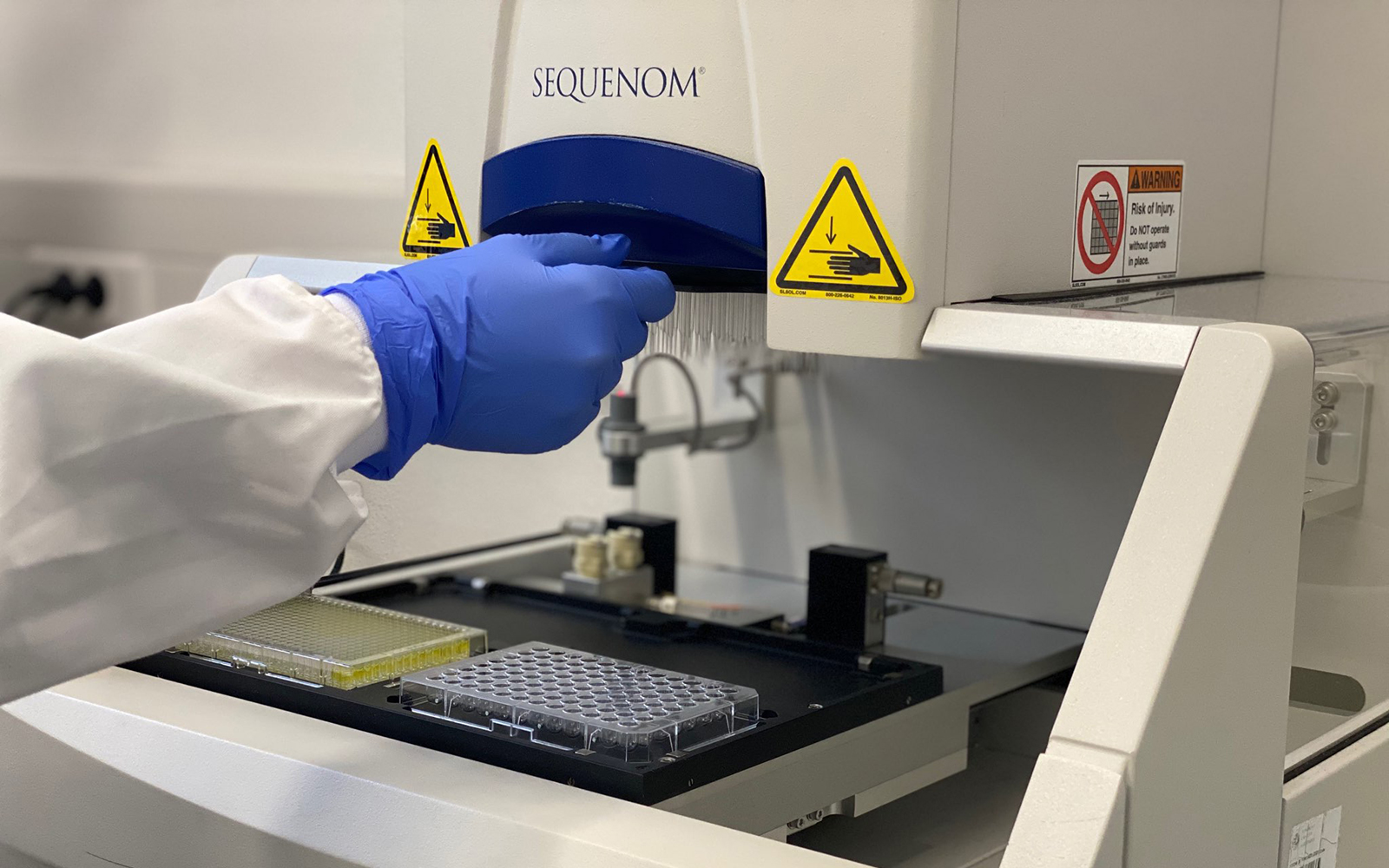SARS-CoV-2 vaccine: second dose boosts antibody increase

Since the first vaccine was taken, in December 2020, 1245 healthcare workers are being monitored. 99.8% revealed to develop significant antibodies three weeks after taking the second dose of the COVID19 vaccine. The results of the study carried out by the IGC in healthcare workers at CHLO also reveal an insignificant increase in antibodies at the mucosa level, the main source of contamination and transmission of the disease. Results lead to recommend not to increase the interval between doses and to maintain individual protection care even after the vaccination process.
The Instituto Gulbenkian de Ciência and the Centro Hospitalar Lisboa Ocidental, E.P.E. have been collaborating on SARS-CoV-2 virus surveillance projects in healthcare workers. The first results of the vaccine efficacy study, three weeks after the first administration of the Pfizer / BioNTech vaccine, were presented in February 2021, and indicated that about 90% of the health professionals involved developed an immune response to the vaccine. Three weeks after the administration of the second dose of the vaccine, the values rise to more than 99%, guaranteeing a strong immune response that is the basis of protection against the disease.
“It is necessary to monitor different populations, with different age groups and characteristics, to validate the vaccine’s effectiveness in the real world”, explains Carlos Penha Gonçalves, co-responsible for the study and researcher at the IGC. In this six-week follow-up study, “we found, for example, that age has an effect on the response to the vaccine and in particular that men aged between 60 and 70 years had lower immune responses, especially after taking the first dose of the vaccine” explains the researcher.
“The results showed that, after the first dose, the immune response is very heterogeneous in the population and that the second dose is necessary to maximize the protection afforded by the vaccine” says Jocelyne Demengeot, immunologist, co-responsible for the study and a researcher at the IGC. This finding suggests that it is not advisable to extend the recommended time between the two doses of vaccine (defined between 19 and 42 days), contrary to what has been suggested to compensate the vaccine delivery delay. On the other hand, data analysis suggests that this vaccine does not promote high levels of antibodies capable of fighting infection in the mucous membranes (for example in the nose and airways), the first place where the virus enters and multiplies. “These data reinforce the idea”, stresses the researcher, “that it is necessary to maintain individual protection and respiratory etiquette even after the completion of the vaccination process”. A behavior that will help to control the infection and the spread of the disease.
The study is ongoing and will follow the group of 1250 healthcare workers for a period of one year, as this is the only way to understand how long the antibodies are maintained and if any of the study members contract the disease, what is the answer that will trigger. Instituto Gulbenkian de Ciência also intends to extend this study by monitoring other age groups of the population, and different vaccines available nationwide, in partnership with other hospitals and municipalities. The set of data collected will be shared with the National Health Institute Dr. Ricardo Jorge, which will speed up, with European Agencies (ECDC), the extended national monitoring which will allow to provide information for possible updates of the global policy recommendations.
Read Article Read Press Release
